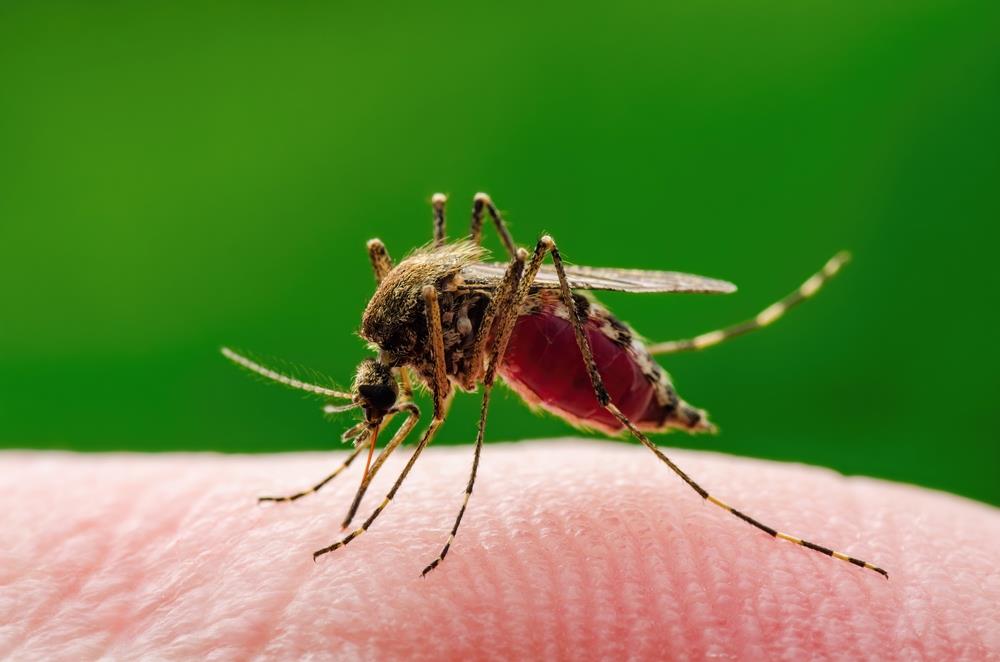West Nile Fever (WNF) is a viral disease transmitted by the bite of infected mosquitoes, seasonally present in Serbia with the highest number of cases during summer and early autumn. The virus is carried by mosquitoes of the species Culex pipiens, and natural reservoirs are various bird species. Most infected individuals are asymptomatic, a smaller portion develop a mild flu-like illness, and less than 1% develop a severe neuroinvasive form causing encephalitis or meningitis. The risk of severe disease is higher in older adults and those with chronic illnesses. Prevention includes personal protection against mosquito bites, wearing appropriate clothing, using repellents, removing standing water, and avoiding outdoor exposure during peak mosquito activity. No cases have been registered in Serbia this year so far, but epidemiological surveillance and adherence to preventive measures are essential.
Political Perspectives:
Left: Left-leaning sources tend to emphasize public health preparedness, the importance of government-funded epidemiological surveillance, and the need for accessible healthcare and preventive measures for vulnerable populations. They highlight the role of environmental factors and advocate for community-wide efforts to reduce mosquito breeding grounds.
Center: Center-leaning sources provide balanced reporting focusing on factual information about the virus, its transmission, symptoms, and prevention. They stress the importance of individual responsibility in prevention while acknowledging the role of public health authorities in monitoring and controlling outbreaks.
Right: Right-leaning sources often emphasize personal responsibility for protection against mosquito bites and may highlight the economic impact of disease outbreaks. They may also focus on the importance of individual preventive measures and less on government intervention, sometimes stressing the low incidence and manageable risk.















